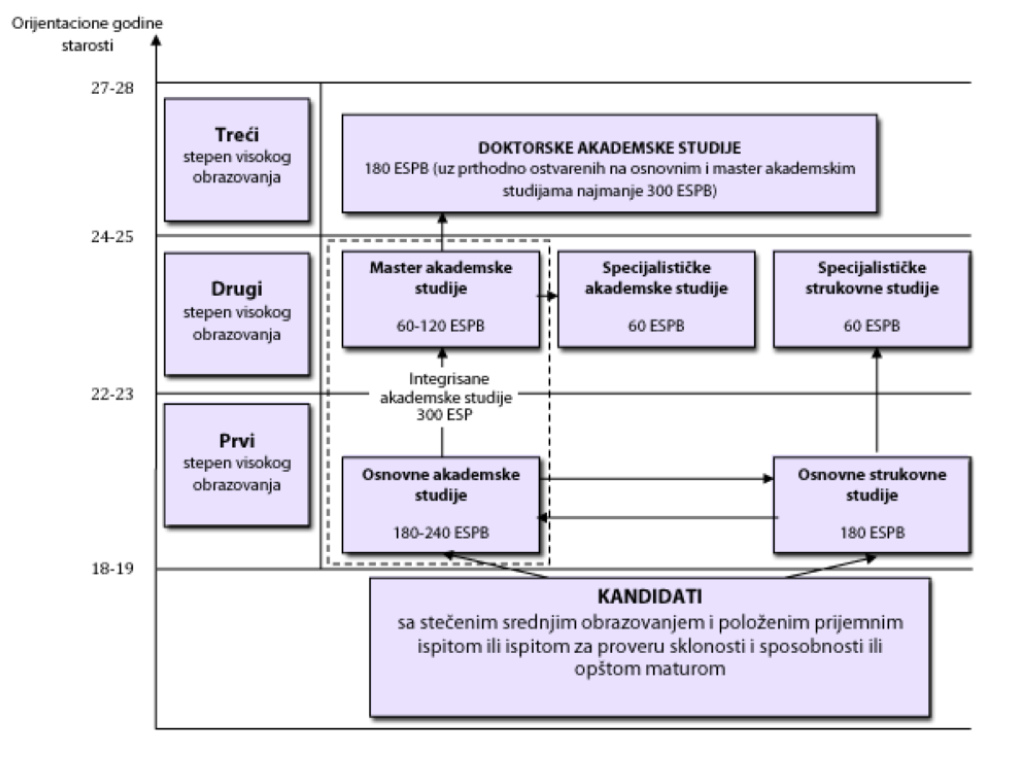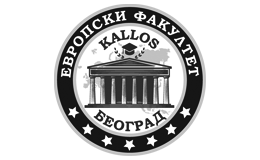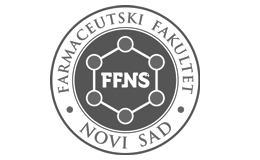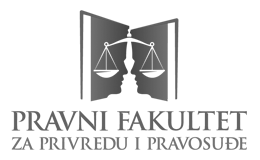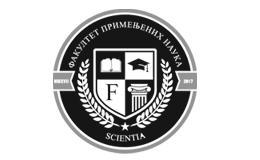
About Educational Work
Type, level and organization of studies
Higher education at the University Business Academy in Novi Sad is realized in the form of academic studies based on approved or accredited study programs for acquiring higher education.
Academic courses are offered and conducted at all study levels by individual faculties within the University and they train students to apply the latest scientific and professional achievements.
Studies of the first level:
- Undergraduate studies;
Studies of the second level:
- Master studies;
- Specialist studies.
Studies of the third level:
- Doctoral studies.
Academic study programs can be organized as integrated studies within the framework of undergraduate and master academic studies (integrated academic studies) with a total volume of at least 300 and a maximum of 360 ECTS (academic curricula of medical sciences). Academic study programs in the area of medical sciences are organized in the framework of integrated undergraduate and master academic studies, with a total volume of at least 300 ECTS credits.
Requirements for Admission and Continuation of Higher Education
- Candidates for admission to an undergraduate study program are required to take the enrollment exam, or general aptitude test, in accordance with the general policy acts and regulations of the Faculties of the University Business Academy in Novi Sad.
- Short list of candidates for admission to an undergraduate study program shall be determined on the basis of overall success (grade point average) achieved during secondary education and score on the entrance exam or general aptitude test.
- Based on the competition criteria, faculties within the University make a ranking list of applicants.
- Enrollment to an undergraduate study program is granted to candidates whose ranking is within the approved student quota, as is stipulated by the Law on Higher Education, Article 84.
- Candidates apply for and get admitted to studies of the second and third level/tier in accordance with the conditions, requirements and procedures determined by the general policy documents and enrollment regulations of that HE institution.
Study Programs
Study programs offered at faculties within the University have clearly identified:
- Name and objectives of the study program
- Types of studies and learning outcome;
- Professional, academic or scientific name/title,
- Requirements for admission to the study program;
- List of compulsory and elective modules and courses with tentative course content;
- Method of the study and time required for certain forms of study;
- Credit value/number of ECTS credits earned for each passed course;
- Credits value/number of ECTS credits earned for the final paper/diploma paper/thesis;
- Admission criteria for individual courses or modules;
- Method of selecting courses from other study programs;
- Conditions of transfer from other study programs within the same or related study field;
- Other important issues for the study program in question.
Each course in the study program carries a clearly determined number of ECTS points/credits, and the value of studies is expressed cumulatively as the total sum of ECTS points.
A sum of 60 ECTS credits is equal to an average student performance and academic engagement of 40 hours per week during one academic year.
Total student engagement consists of hours of active teaching (lectures, exercises, practical courses, seminars, etc.), independent work, preliminary tests, final exams, final papers, community service and other forms of student engagement.
All programs have been accredited by the Commission for Accreditation and Quality Assurance (CAQA).


